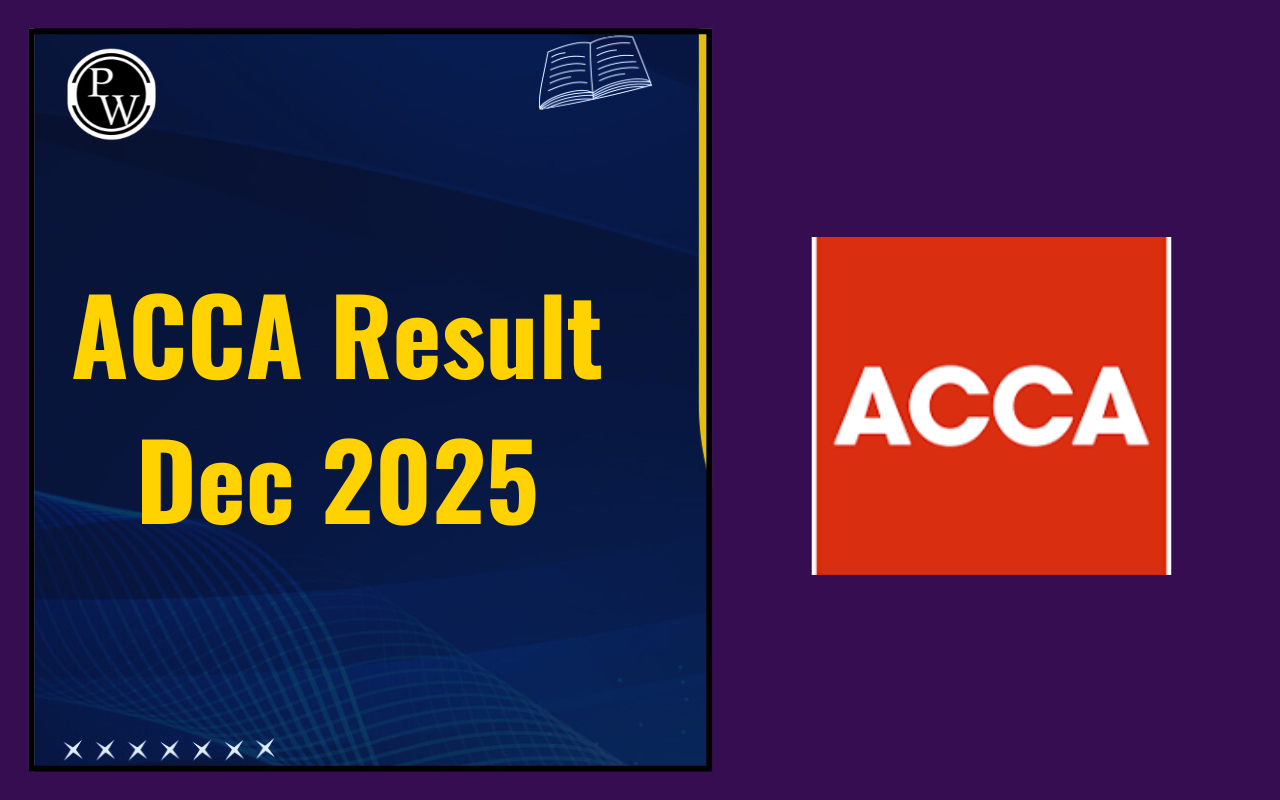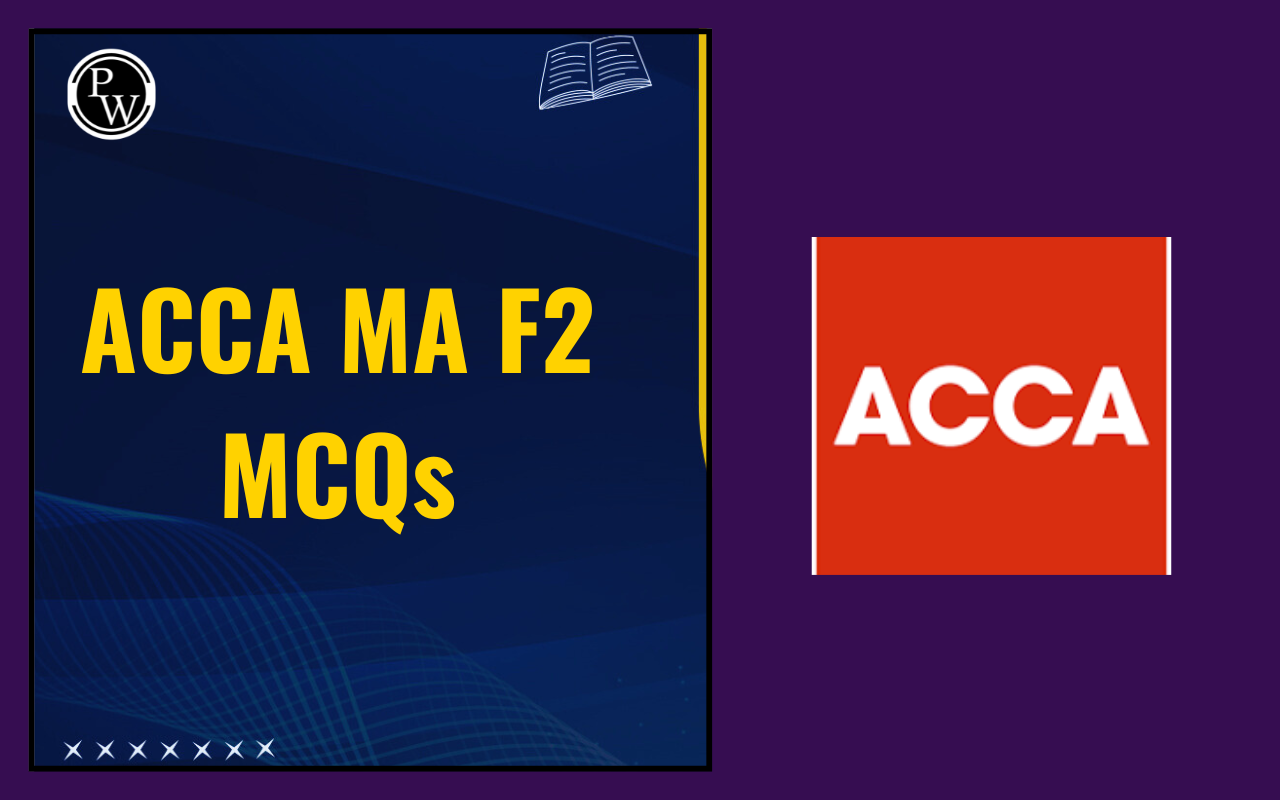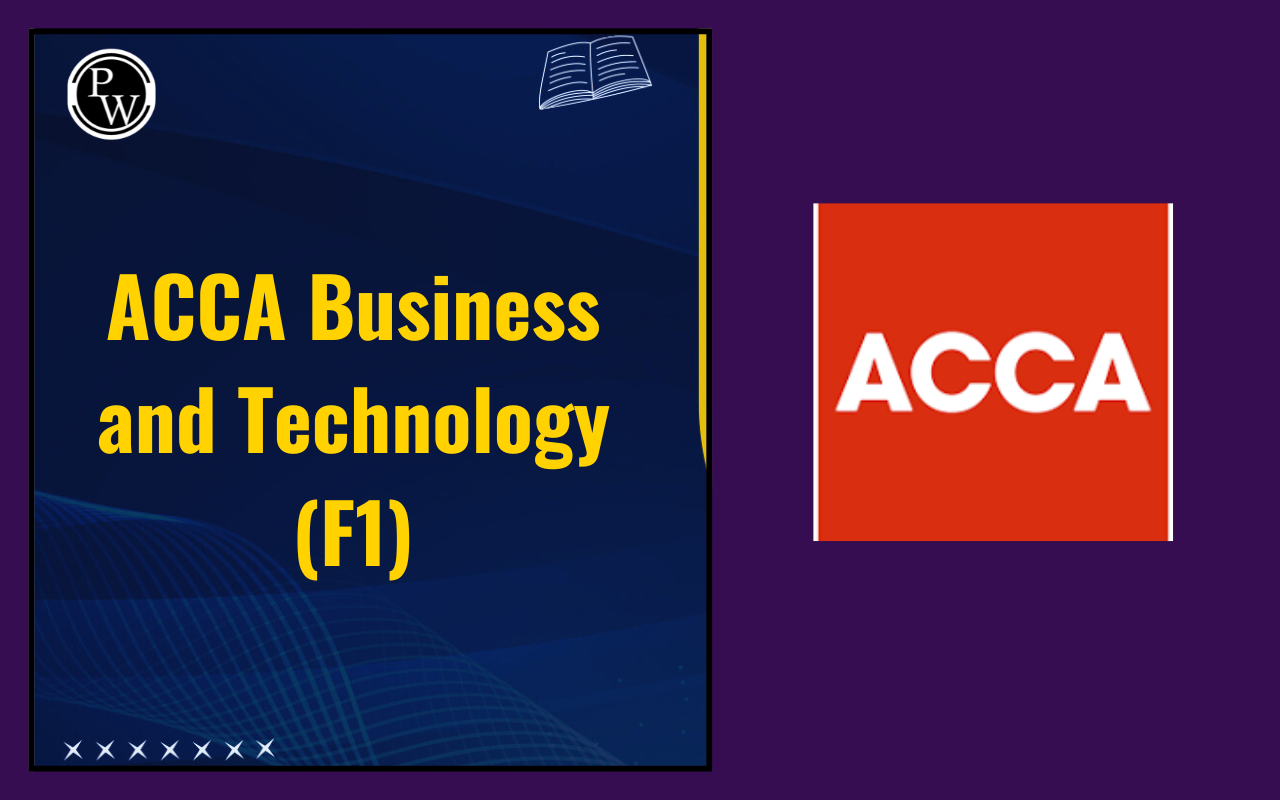
The CMA (Certified Management Accountant) and ACCA (Association of Chartered Certified Accountants) are prestigious accounting certifications, each offering unique advantages. The US CMA is often compared to a master's degree in financial management, providing deep insights into corporate finance and internal job roles.
It focuses on financial planning, analysis, and decision-making, making it ideal for professionals looking to build careers in corporate accounting and financial management.
Both certifications are globally recognized and unlock numerous career opportunities. However, they cater to different professional goals. Understanding their distinctions can help individuals choose the right certification based on their career aspirations.
Understand CMA and ACCA
The CMA (Certified Management Accountant) and ACCA (Association of Chartered Certified Accountants) are prestigious certifications in the accounting field, each catering to different career paths. CMA focuses on management accounting and financial strategy, preparing professionals for corporate roles, particularly in Financial Planning & Analysis (FP&A) and decision-making.
On the other hand, ACCA is a globally recognized qualification that covers financial accounting, audit, assurance, and taxation, making it highly suitable for those looking to build careers in public accounting, auditing, and financial consulting. Both credentials are internationally respected and offer lucrative career opportunities, depending on an individual’s career goals.
What is US CMA?
The US CMA (Certified Management Accountant) certification, awarded by the Institute of Management Accountants (IMA), is designed for professionals in financial and management accounting.
This program equips individuals with expertise in cost management, internal controls, financial analysis, and strategic planning, making it ideal for careers in corporate finance and management accounting. With a strong emphasis on decision-making and business strategy, CMA holders often secure high-level roles in multinational companies.
What is ACCA?
The ACCA (Association of Chartered Certified Accountants) qualification is one of the most comprehensive global accounting certifications. It covers a wide range of topics, including financial accounting, taxation, audit, assurance, and management accounting.
ACCA-certified professionals can work in accounting firms, corporate finance, consulting, and regulatory compliance. This globally recognized certification provides a strong foundation for individuals aiming for careers in public accounting, financial consulting, and international business finance.
ACCA vs CMA Comparision
CMA and ACCA are two prestigious accounting certifications, each catering to different career paths. The CMA (Certified Management Accountant) focuses on management accounting and financial strategy, making it ideal for those aspiring to work in corporate finance or strategic decision-making roles.
On the other hand, the ACCA (Association of Chartered Certified Accountants) offers a broader accounting education, covering financial accounting and taxation, which is beneficial for careers in public accounting, taxation, and financial consulting.
|
Key Differences Between CMA and ACCA |
||
|
Aspect |
CMA (Certified Management Accountant) |
ACCA (Association of Chartered Certified Accountants) |
|
Focus |
Management accounting, financial planning, and strategic management |
Comprehensive accounting education, including financial accounting and taxation |
|
Ideal for |
Corporate finance, management accounting, and internal financial strategy |
Public accounting, taxation, financial management, and consulting |
|
Certification Body |
Institute of Management Accountants (IMA) |
Association of Chartered Certified Accountants (ACCA) |
|
Exam Structure |
Two parts: Part 1 (Financial Reporting & Planning) and Part 2 (Financial Decision Making) |
Three levels: Applied Knowledge, Applied Skills, and Strategic Professional |
|
Work Experience Requirement |
2 years in management accounting or financial management |
3 years of relevant experience in accounting or finance |
|
Exam Duration |
Each exam is 4 hours long |
Typically 3 hours per paper, varying across levels |
|
Time to Complete |
1-2 years, depending on study pace and background |
3-4 years, given the extensive syllabus and multiple exams |
|
Cost |
More affordable compared to ACCA |
Higher cost due to multiple levels and study materials |
|
Global Recognition |
Highly valued for corporate finance and strategic roles |
Globally recognized across accounting, finance, and consulting sectors |
|
Core Skills |
Cost management, internal controls, financial strategy |
Financial accounting, taxation, financial management, business strategy |
If you aim to build a career in corporate finance, management accounting, or strategic planning, CMA is a better fit. If you want a diverse accounting career, including auditing, taxation, or financial consulting, ACCA is the ideal choice.
Both certifications are highly respected and globally recognized, so the best option depends on your career goals and industry preference.
ACCA vs CMA Which One is More Difficult?
Many believe that the ACCA qualification is more challenging, while the CMA is relatively easier. However, this perception may not hold true for everyone.
The US CMA exam focuses on two key areas: financial strategy and strategic decision-making. Since the CMA has only two parts, candidates can break down their study plan into smaller segments and complete the certification within 1 to 2 years.
On the other hand, ACCA covers a broader curriculum, including financial accounting, audit & assurance, taxation, and management. Each exam builds upon previous knowledge, requiring in-depth understanding of multiple subjects. This extensive syllabus means that ACCA preparation typically takes 3 to 4 years.
ACCA vs CMA Salary Comparison
When comparing salaries, several factors come into play, such as location, experience, and job role.
-
CMA professionals specialize in management accounting, financial planning, and strategic decision-making, making them valuable in corporate finance roles. Senior positions such as CFOs and finance managers often offer high salaries to CMAs.
-
ACCA professionals have a comprehensive background in financial reporting, taxation, and auditing. Their expertise is recognized across various industries, including corporate finance, consulting, and public practice.
On average, ACCA professionals tend to earn more than CMAs due to their diverse skill set and global recognition. In India, the average salary for a CMA ranges between ₹1.25 to ₹1.50 LPA, whereas an ACCA can earn around ₹3 LPA.
ACCA vs CMA in India
Both ACCA (Association of Chartered Certified Accountants) and CMA (Certified Management Accountant) are highly respected professional qualifications in India. However, they cater to different career paths within the accounting and finance sector.
ACCA covers a broad curriculum, including financial accounting, taxation, and management, making it ideal for careers in public accounting, auditing, and consulting. This qualification is recognized globally and provides diverse opportunities across multiple industries, whether in employment or investment sectors.
On the other hand, CMA is more specialized in corporate finance, cost accounting, and internal financial strategy. It primarily focuses on management accounting, financial planning, and strategic decision-making, making it a preferred choice for professionals aiming for roles in business management and corporate finance.
| Also Check: | |
| ACCA 2025 | ACCA Exam Dates 2025 |
| ACCA Syllabus 2025 | ACCA Exam Pattern 2025 |
| ACCA Exemptions | ACCA Eligibility Criteria 2025 |
| ACCA Exam Docket 2025 | ACCA Exam Booking 2025 |
ACCA Vs CMA FAQs
Which is better, ACCA or CMA?
Is CMA easier than ACCA?
Which has a higher salary, ACCA or CMA?
Can I do both ACCA and CMA?










